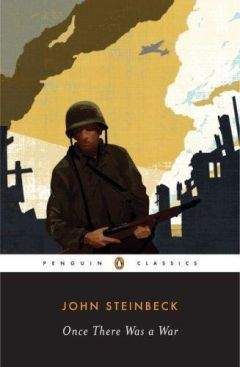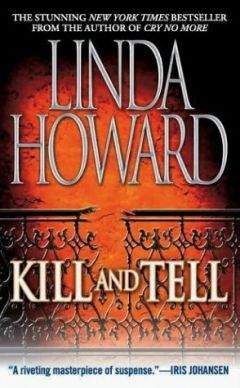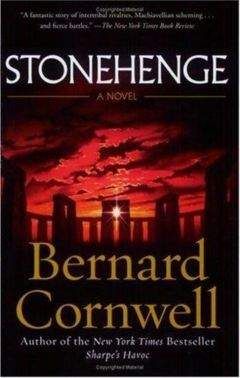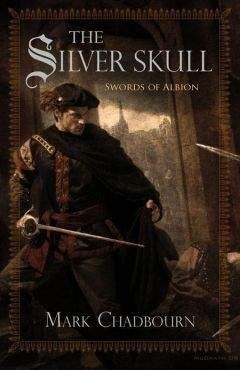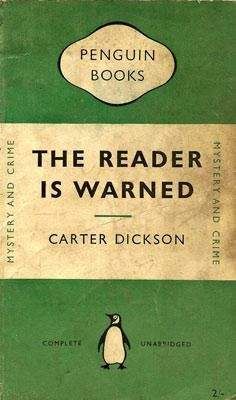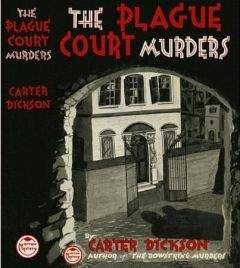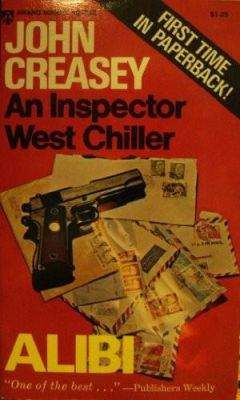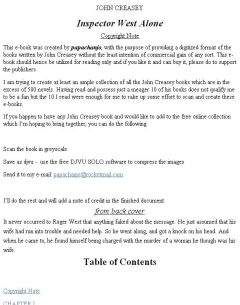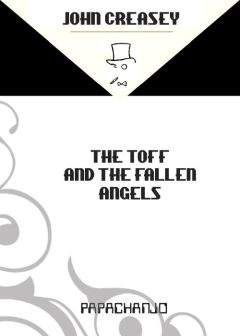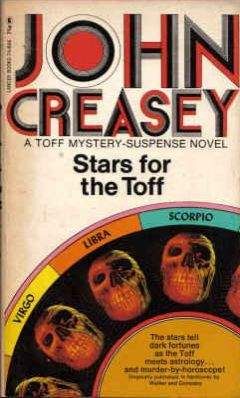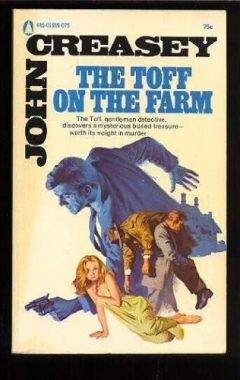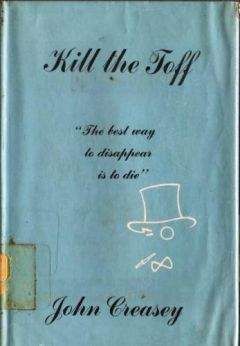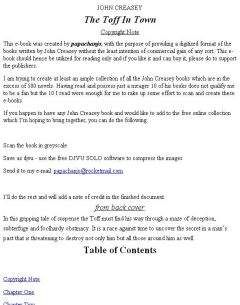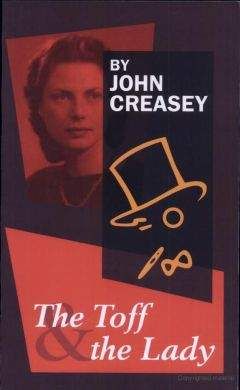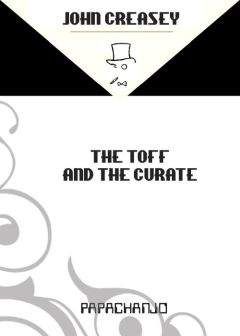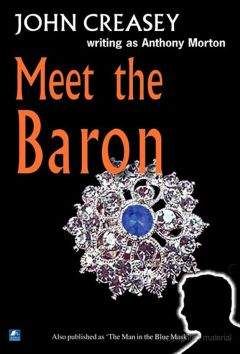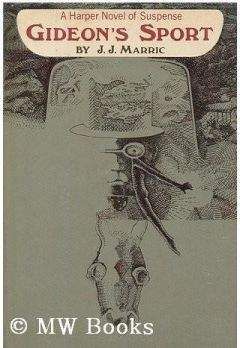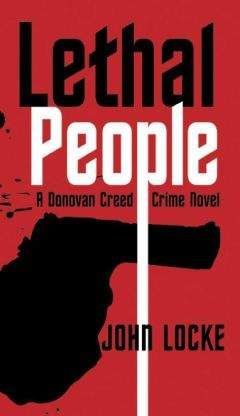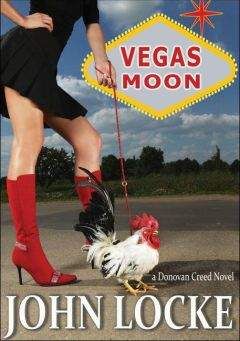John Lescroart - Son of Holmes
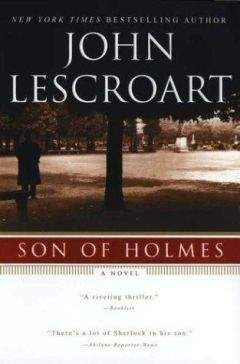
Скачивание начинается... Если скачивание не началось автоматически, пожалуйста нажмите на эту ссылку.
Жалоба
Напишите нам, и мы в срочном порядке примем меры.
Описание книги "Son of Holmes"
Описание и краткое содержание "Son of Holmes" читать бесплатно онлайн.
“Quite so,” Kevin said, “which is why those who have sought to authenticate the Holmes legend have had such a time of it.”
I finished my drink and looked at my watch. Quarter past eleven, and I had students in the morning. I asked Kevin if he were going home by way of Cambridge, and would he mind giving a skeptical friend a lift. We said our good-byes and thanked Arrowroot, then stepped out into the bitter Boston night.
I didn’t have occasion to think again of that night until nearly five months later.
On January 8, 1983, I received the happy news that four of my songs had been accepted for a television premiere and, with the arrival of a royalty advance, I found myself, at least by my earlier standards, a rich man.
Accordingly, I bid a hasty farewell to my students and to the Boston winter and booked passage on a steamer to Morocco, where I passed the winter and early spring. By mid-April I was anxious to get back to writing, yet in no particular hurry to return to the U.S. One of my songs was having some popular success, and my agent had written several times, asking me to send him a tape as soon as possible. During the three months in Morocco, I had had a fine time but hadn’t written a note, so I decided to settle somewhere for the summer and to devote the time to work.
On April 19, I flew from Casablanca to Lyon, France, where a woman I knew had been spending the winter. After looking for several days, we came across an ad in the International Herald Tribune that looked ideal: a summer home, surrounded by oaks and vineyards, with a brook and arbor, near Valence, which is about halfway between Lyon and Marseilles.
I took the train the next day and walked out to the address, a little more than a mile from town. It was an old white adobe house, not too large, and extremely well kept. The owner was a Madame Giraud-Neuilly, a woman nearing seventy whose family, she said, had lived in the house for nearly a century. We spent the afternoon talking and drinking beer. I found her delightful.
Every one of my friends had warned me to beware of the French—that they were a haughty lot, supercilious, and unfriendly. But if Madame Giraud-Neuilly were any example, my friends had been wrong. I spoke French passably well, and that certainly didn’t hurt our relationship. At about 5:00, her husband, Jacques Neuilly, came home, and they invited me to stay for dinner. He showed me the wine cellar, which they hadn’t used since le père had died in the ’30s, saying I was welcome to use it for storage if I cared to clean it up. We worked out the details after dinner, and by the time I returned to Lyon the next day, I had a house. Ten days later I moved in.
Since the house was furnished, getting settled took no time at all. I spent the first month working the kinks out of my piano playing and writing daily. I took the five songs with which I’d been happiest, taped them, and sent them to New York; then I decided to take a few days off to celebrate and explore. I started with the cellar, hoping to find some old wine.
The cellar hadn’t been used for fifty years, and it looked it. Boxes were lying everywhere, covered with cobwebs. The casks lining the right wall were thick with dust. I turned one of the spigots, and it broke off. I was about to go back upstairs when I noticed something in the far corner reflecting the light from my lantern. I picked my way back and found that I’d been lucky—it was a half case of unopened wine. In the other half of the case lay a sheaf of papers, yellow and brittle, bound by twine. I lifted the whole box and brought it upstairs.
The wine was unlabeled, and I assumed that it was homemade. The sediment was thick on the bottom, and I hadn’t been careful enough in moving it. Since I had to let the wine sit for some time before decanting it, I picked up the sheaf of papers, got myself a beer, and went out to the arbor, thinking only to pass the time until the wine settled.
The papers were written in a thick Continental hand, in French, of course. After I got used to the style, I became engrossed. I read on, forgetting about the wine, until it got dark, then moved inside and finished the manuscript sitting at the kitchen table. At first I thought it a rather poor attempt at a novel, but as I read on, it appeared to be more and more genuine—a personal account of Madame Giraud-Neuilly’s father during World War I. But something else was even more interesting to me: if this were a genuine manuscript, it was proof of Arrowroot’s theory, for the Auguste Lupa of the manuscript could be none other than Holmes’s son.
The next day, I wrote to Madame Giraud-Neuilly, asking her if she could tell me anything about her father’s exploits during the war, specifically any undercover operations he might have been involved in. I then set myself to the arduous task of translating.
Within two weeks, I had my landlady’s reply. Yes, her father had been active in the war as some kind of agent. She didn’t know too much about it, though, and suggested that I question her half brother, Jean Chessal, who was living in Valence. He was a retired soldier, pushing eighty, and very reluctant to discuss anything with a nosy American. Finally, though, I persuaded him to take the manuscript. A few days later, I went to pick it up.
“Have you read it?” I asked.
“I said I would.”
“Well?”
“Well what?”
“What do you think? Is it true?”
He squinted at me through his thick glasses and scratched at his head, as if trying to understand the question.
“How would I know? I wasn’t there.”
“But your mother . . .”
“My mother was Tania Chessal before she married Jules. What does that prove?”
But of course it proved quite a lot.
I returned home to find a letter from Kevin James. I had written to him asking him to send any information he had regarding Holmes’s progeny. The letter was mostly tongue-in-cheek, but it did present several facts about Holmes’s relationships, none of which were inconsistent with anything in the manuscript. I’d been slightly bothered by the initials S. H. on Lupa’s watch, but Kevin assured me that individuals who used aliases often kept their own initials.
I became angry with myself. After some weeks of translating, I’d become convinced of the manuscript’s authenticity, with no more proof than its evident age and its conformance to Hugo Arrowroot’s pet theory. There was only one thing to do to finally satisfy myself. Accordingly, I spent most of the next few months tracking down and interviewing anyone who might have known or worked with the man who had been Auguste Lupa for the year he lived and worked in Valence during World War I. Those interviews laid to rest my every doubt.
In translating, I have tried to use contemporary Americanisms wherever possible, though in places where the meaning is clear from context, I have retained the French.
Finally, I apologize for the prose style in this prologue. I am not a prose writer by trade, and if I had not come to believe in the importance of this manuscript, I would certainly have left it where I found it, gathering dust in a wine cellar.
1
It was embarrassing, but with a war going on, embarrassment was a luxury I couldn’t permit myself.
The deep gray and cold of dawn were burning off into a pleasant morning as I walked along the Rue St. Philip in Valence, trying to piece together all I’d heard about the man I was to meet and solicit, Auguste Lupa.
We hadn’t made an appointment, but I knew where he would be, since every morning he followed a strict routine: up at eight a.m., a walk through the town garden, then a corner table at La Couronne from nine thirty until noon, drinking beer and reading newspapers, nearly always alone. During the afternoons, he would disappear for five hours—no one seemed to know where. He’d then reappear just before six, prepared to work as chef at La Couronne, where he was reputed to be a genius even in this land of chefs sans pareille. What was embarrassing was that we needed him, and I was chosen to meet him because of a weakness we shared for beer. We needed him, a chef not yet turned twenty-five, because he was the best spy in Europe.
May 18, 1915. The Huns were having a heyday, plumbing the depths to which humanity could sink. They’d already shown their disregard for treaty and commitment by marching across neutral Belgium last August, but the events of this month surprised even those of us who were supposedly inured to their perfidy. Two weeks ago, they’d torpedoed the ship Lusitania, killing hundreds of civilians, and on the battlefield at Ypres, they’d just introduced a new element into warfare, the heretofore-outlawed poison gas.
The streets of Valence were filled with red-eyed women whose sons, fathers, and brothers had left for the front, determined to repulse the German invaders.
At ten o’clock this Tuesday morning, I arrived at La Couronne and sat opposite Lupa, whom I’d never before seen. There are some men who can sit in a corner or in a room and simply disappear, blending into their surroundings. If such men make good assassins, this Lupa could never be one. He didn’t blend in at all. In fact, he very nearly commanded the entire street, sitting at his table, quietly drinking his beer.
Of course it was he—the high forehead and dark brown hair, combed straight back; the eyes not quite open and yet missing nothing; the heavy lips puckering after every swallow. I, too, had a paper, and settled back to watch him. He was a big man and looked immensely strong, even dressed in an ill-fitting brown suit. His yellow shirt, which would have been garish, or—worse—memorable, on an assassin, was tight across his middle, but didn’t bulge at the waist.
The garçon came out to his table with two more beers, removed the two empty glasses, and was returning when I stopped him for two of my own. Lupa had set the paper down and was leaning back with a beer. He let the foam settle slightly, then took a deep swallow, draining the contents of the glass in a single gulp. As he lowered the glass to the table, his eyes narrowed slightly, and the corners of his mouth turned suddenly downward.
The garçon came with my beer. It was still a bit early, and Lupa and I were the only people there. He looked at me briefly when my beer arrived, and I nodded, the informal recognition of two people sharing the same type of moment. His head inclined a mere centimeter, then turned back to the newspaper.
I reached for the beer and took a small drink, making an elaborate face of disgust. Crossing my legs, I sat back and picked up the paper, stopping every two or three minutes to continue my little charade with the beer: a sip, a look of distaste, meant of course only for myself but obvious to anyone, especially to Lupa. I set the first glass down when I’d finished, and with a little flourish pushed the empty glass as far from me as the table allowed. I then stared down the street, glaring.
Lupa finished his third glass and leaned back with his eyes closed, drumming his fingers methodically on the edge of the table. After a few seconds his fingers came to an abrupt halt, and he glanced over at me.
“Mal,” I said with a weak smile.
“Insupportable!” He took the other glass and poured it slowly to the ground. The corners of his mouth turned slightly upward, and he watched me. “J’en ai marée. I’ve had enough.”
I took a gamble and decided to make a scene.
“Garçon!”
When he arrived, I spoke too loudly. “This beer is horrible. It is possibly the worst beer in France, and at any rate it’s the worst I’ve had. This gentleman”—I nodded in Lupa’s direction—“has just poured his to the sidewalk, where it belongs, and I only refrain because I deplore waste, especially during wartime. Take this glass, remove it, and give its contents to the plants or the pigs, then bring me a glass of wine.” I looked at Lupa. “Sir, would you join me in a glass?”
He nodded. “Thank you, I would. And Charles,” he said to the waiter, “don’t pour it on the plants or use it in the mustard. Perhaps it wouldn’t completely destroy the pork.”
He crossed to my table and bowed, more an inclination of the head than a bow.
“Auguste Lupa,” he said.
“Jules Giraud.” I motioned to the empty chair.
We sat, and he began to talk.
“I, too, sir, deplore waste, though I could argue that there was no waste involved in pouring that beer to the ground. That beer was waste when it arrived, and what pains me is that I’ve been putting up with it for months now. I am indebted to you, Monsieur Giraud. Sometimes I need a nudge to act, though I generally decide instantly on matters of taste; but I have an inordinate fondness for beer, and since good beer cannot be purchased here, I’ve allowed my integrity an unforgivable laxity.” He closed his eyes and sighed, and there was, indeed, a burden of sadness around him. “It will be hard without beer, but my taste applauds yours, sir.”
The wine arrived, and he raised his glass, after first sniffing it and looking through the dark red liquid. “Santé,” he said, “and damn this war.”
We both drained our glasses. He signaled for another, and I began to smile.
“You’re amused?” he asked.
“It seems strange,” I said, raising the second glass, “to find myself agreeing with a man whose major concern in the midst of European destruction is the lack of quality beer.”
“But you do agree.”
“Of course, damn it.” I smiled again. “The living must continue to live. But you are wrong about something,” I said.
“And that is . . . ?”
“The dearth of good beer. There is a great quantity of excellent beer not four kilometers from where we sit. But it is not for sale.”
He looked at me patiently and warily. “Monsieur Giraud, I don’t know you, but you don’t seem given to idle jesting. I have been cooking here in Valence for the winter and have searched tirelessly for a supply of good beer, and to no avail. I have some talent at discovering things that people try to keep hidden, and there is no beer.”
“There is, and it is hidden, and privately brewed by a man who values his privacy. No more than six men know of it.”
“They are very discreet men,” he said.
“Very,” I continued. “They have to be, but that’s no matter. Even knowing that the beer exists, you would never find it, for you’re not likely to see me again and you don’t know the other five.” I drained my glass and got up to go. “It’s been a pleasant morning, sir,” I said. “Good luck.”
I hadn’t gone ten paces when he spoke.
“Monsieur Giraud.”
I turned. “Yes?”
“Would your chef mind terribly if you missed a meal?”
“He goes nearly mad,” I said, “but occasionally—” I stopped abruptly. “How did you know I had a chef?”
Подписывайтесь на наши страницы в социальных сетях.
Будьте в курсе последних книжных новинок, комментируйте, обсуждайте. Мы ждём Вас!
Похожие книги на "Son of Holmes"
Книги похожие на "Son of Holmes" читать онлайн или скачать бесплатно полные версии.
Мы рекомендуем Вам зарегистрироваться либо войти на сайт под своим именем.
Отзывы о "John Lescroart - Son of Holmes"
Отзывы читателей о книге "Son of Holmes", комментарии и мнения людей о произведении.





